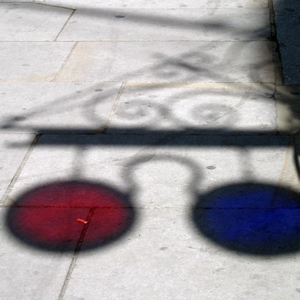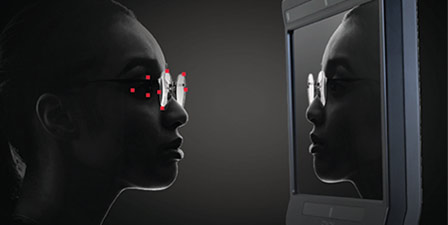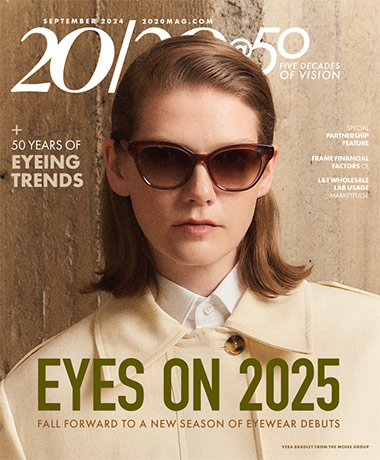By Marisol Rodriguez, LDO, ABOC, NCLEC
In the February issue of 20/20 Magazine, Maryann Santos wrote a terrific Continuing Education course, “The State of Opticianry.” It shed light on the different avenues available to individuals from each state for licensure or certification and highlighted many organizations and state societies that need our voices and participation to help elevate the trajectory of the professional optician. I want to recognize and humbly acknowledge all parties involved in national organizations, state associations, and local societies who tirelessly strive for the success and evolution of the professional optician, and actively tackle the current challenges we face as eye care professionals. Thank you.After reading the course, it made me reflect on my journey toward licensure and certification over the past few years. The prerequisites and certification requirements were quite different from one state to another, as was each state practical for licensure.
I am a native of Long Island, but I decided to move to South Carolina, just outside the Charlotte Metro area a year ago. I had to do a lot of footwork before I moved to seamlessly continue working as a professional optician. In my entire career, never did I think I would need to sit down for three different state practicals in a matter of two years. To date, I am licensed in New York and South Carolina. In a few short weeks, upon successful completion of a 6-month internship, I will also be licensed in North Carolina.
I do want to preface. I will be giving some broad-brushed examples of how each state tested this candidate. For detailed information please visit each state’s board website.
Each practical did a wonderful job evaluating the candidates and assuring they were sufficiently versed and knowledgeable to meet a minimum professional standard within each state’s scope of practice. However, each test was completely different, which made preparation that much harder.
 |
For South Carolina, I was to sit for a hands-on practical, multiple choice questions very heavily lensometry based, and identify lens profiles and ANSI standards, as well as the correct solutions to troubleshooting scenarios. As of January 2020, South Carolina has adopted the ABO Practical for licensure. In North Carolina, they require the successful completion of both the ABO and NCLE practicals for licensure. Both practicals tested in a variety of areas, fitting, dispensing, and inspecting. I felt the NCLE Practical had perfect images of pathologies, and various academic questions.
In retrospect, as wild as my journey has been thus far, I’m glad I was motivated to pursue additional education. It’s certainly given me answers to some of the “why” questions I have had for some time. It was a surprise. My educational background comes from on-the-job training and the National Academy of Opticianry’s Career Progression Program, along with having wonderful mentors and peers to help and guide me along the way.
I have worked in or been mentored in an optician-owned office, an optometric clinic/dispensary, franchise, and corporate establishments, as well as an independent finishing laboratory. Going from one location to another was difficult in many ways. What’s been frustrating is that I cannot use some of the amazing knowledge and skills I have picked up along the way because they are no longer within my scope of practice in the state where I currently reside. For example, I cannot fit contact lenses, I am only able to dispense them in NC. There are some other areas where I humbly got kicked back to basics, however, it has forced me to focus and strengthen my skills. I feel it has made me a better optician.
If there is something that I wholeheartedly have come to conclude, it is the dire need for a national standard for opticians for the development and progression of the profession. I have started preparing for the Advanced ABO exam and I encourage opticians in ALL states to pursue basic certifications, advanced certifications, or their master designation from the American Board of Opticianry (ABO) as well as the National Contact Lens Examiners (NCLE). It could be everyone’s first step toward a national standard.












